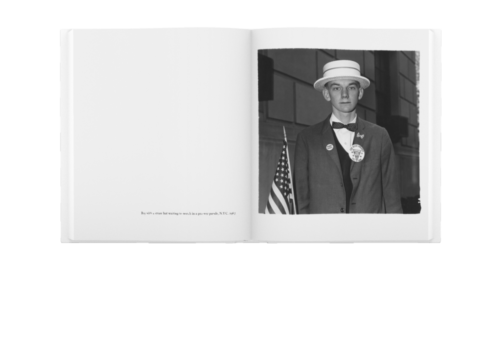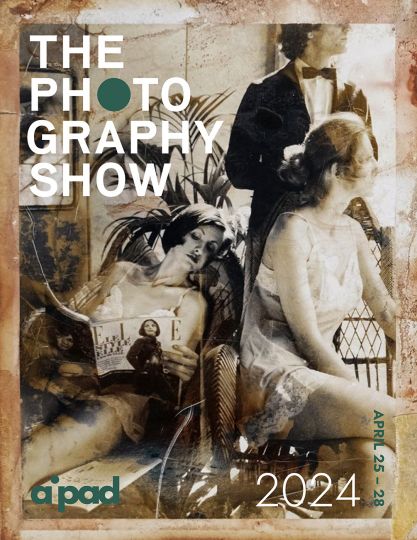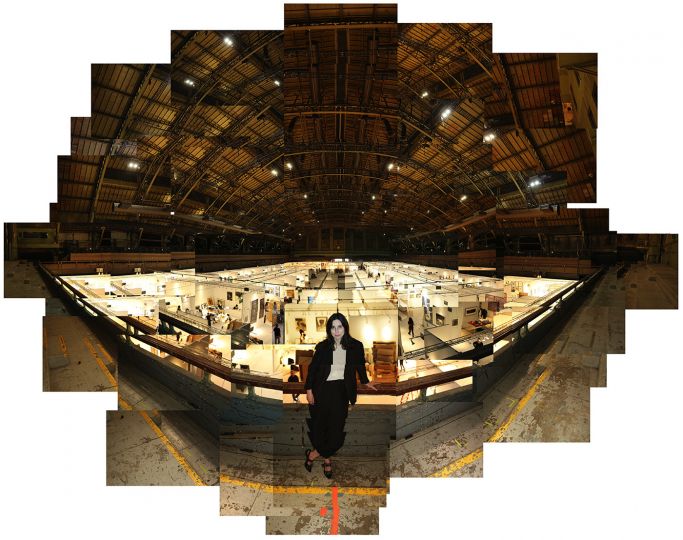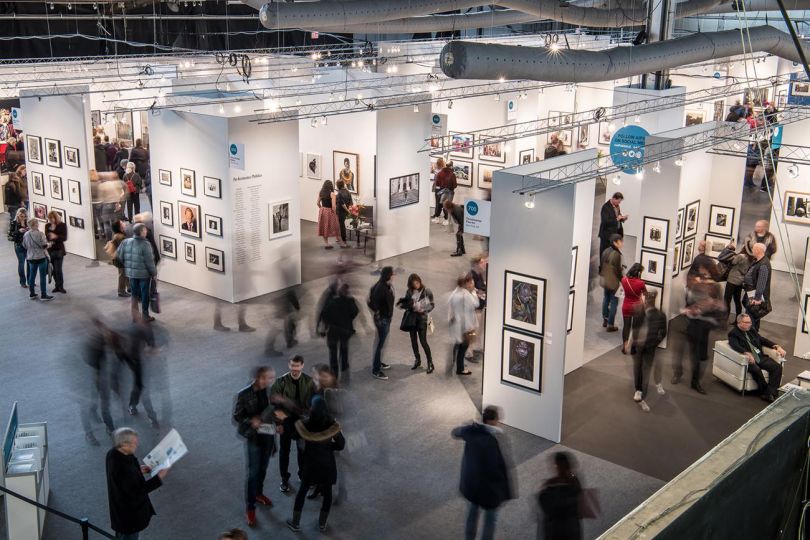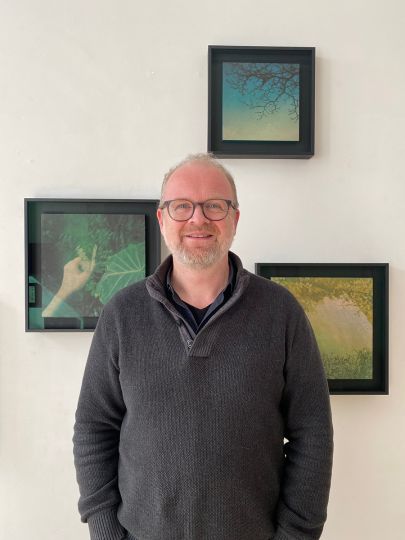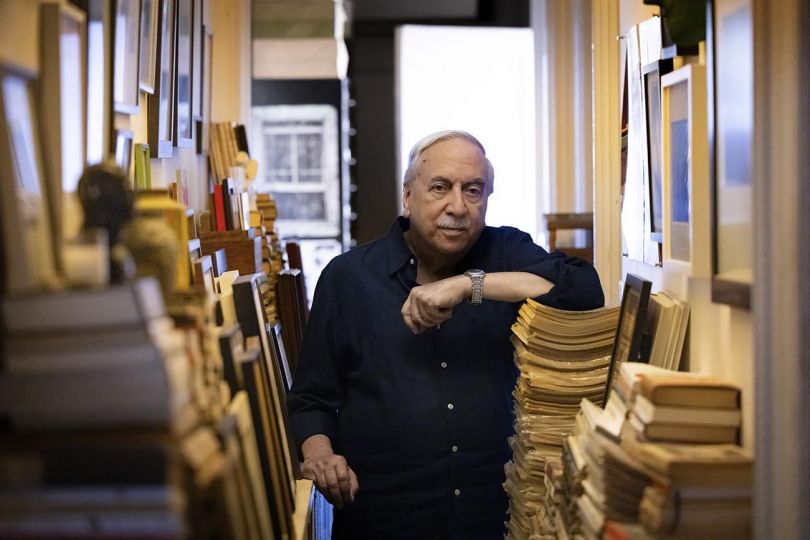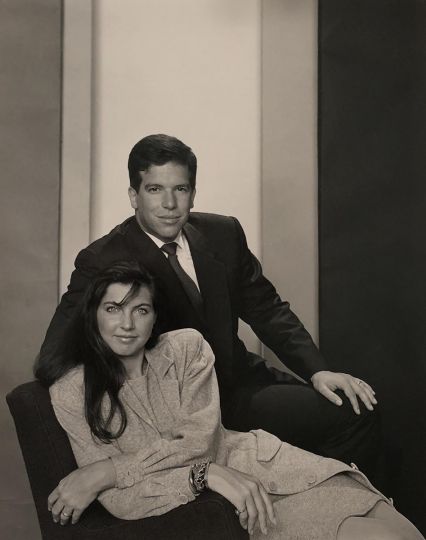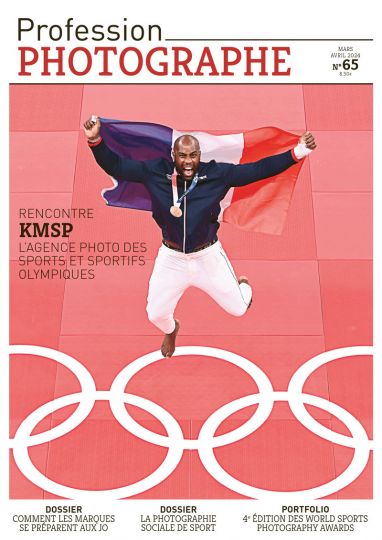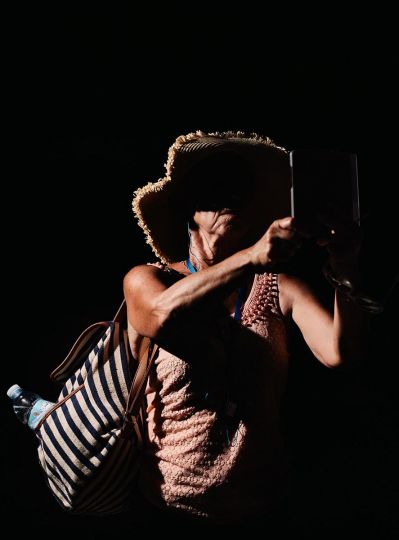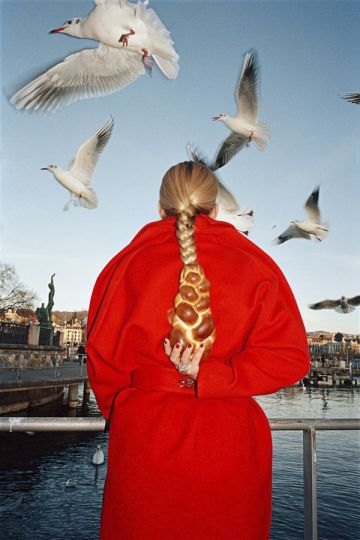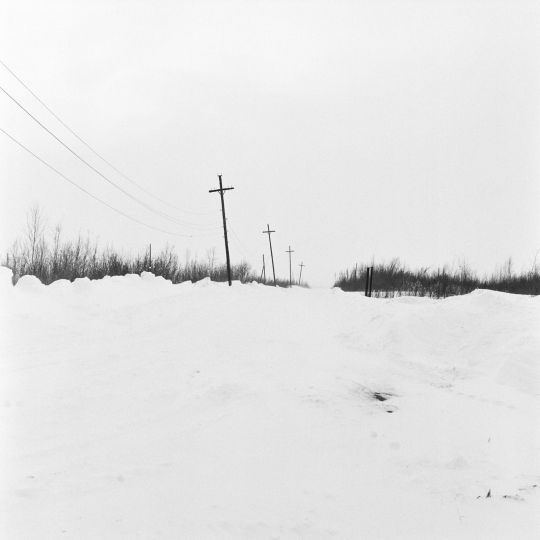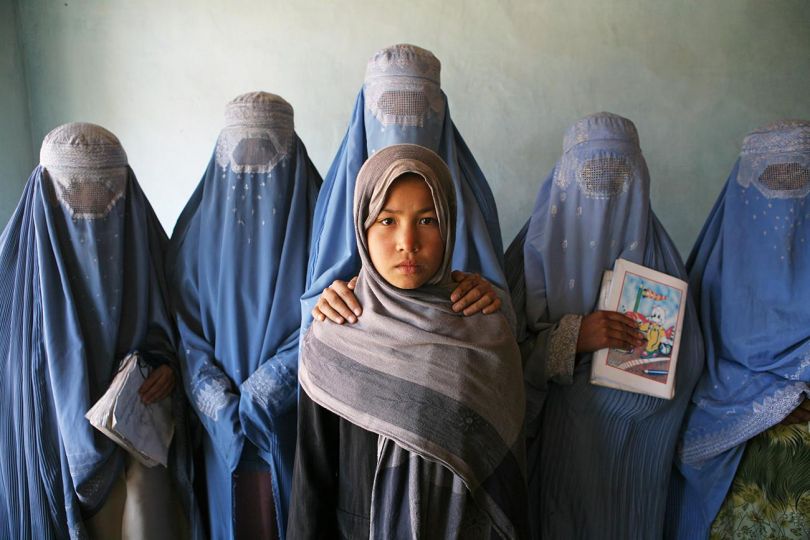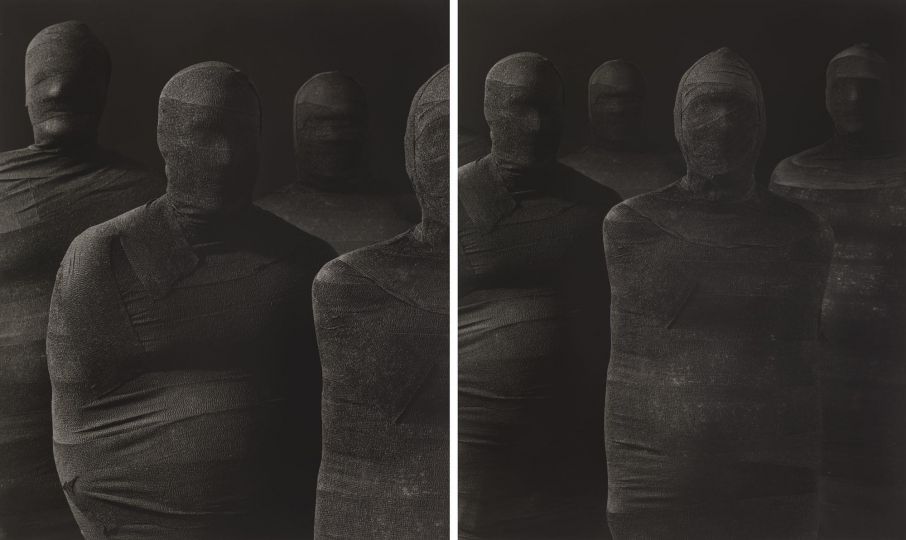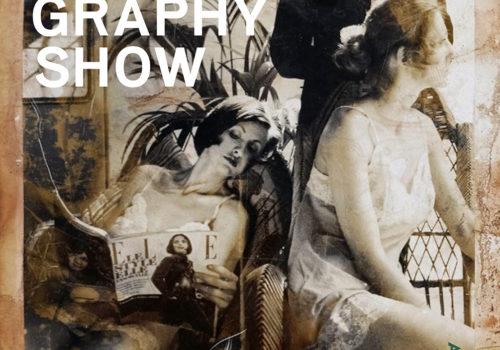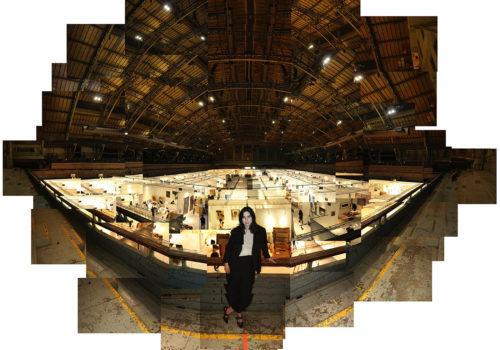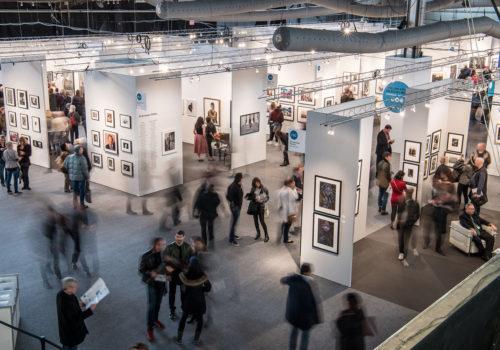1972 : Diane Arbus
The same year that Edward S. Curtis’ North American Indians appeared also saw the release of the first Diane Arbus monograph, one year after her suicide. They are two separate lessons in portraiture, two visions of a changing America. In the case of Arbus, it’s a bold approach to photographing New York streets, like a casting director for a horror film. Her distorted close-ups accentuate the oddness of the faces she captures without flattery, reflecting the aesthetic reality of an era when fashion began to iron out the criteria of beauty. She celebrates the familiar, defying the viewer in search of something appealing, who is instead troubled by something strange, even monstrous. These shocking characters parade by as in a burlesque against a neutral backdrop, revealing their psychology with their facial contortions, torn between the image they have of themselves, the image they try to show the world, and that which they cannot conceal from it. The photographer unveils this tension of being, because while only certain subjects wear plastic and feathered masks, everyone wears some kind of mask, although they are less easy to discern. Her talent revealed a hidden, ignored reality and ushered in a new era of photography. Originally printed in 4500 copies, her monograph has become a classic, as historic as it is timeless. Produced by Aperture in collaboration with the curator and critic John Szarkowski, an influential figure from the 1930s world of photography, Diane Arbus’ work has been widely reprinted since.
Laurence Cornet

